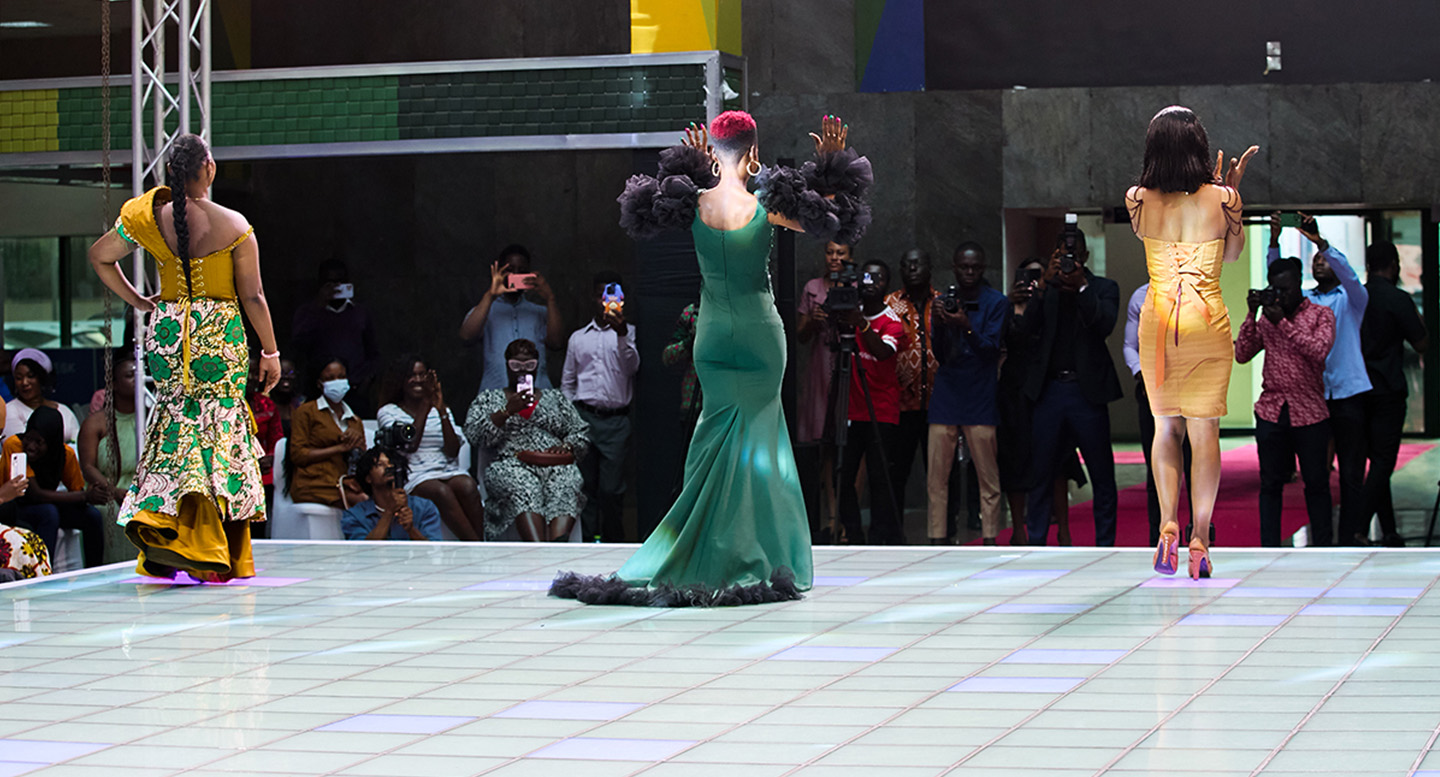
Ghana and Kenya: Fashion Expressions
Across Ghana and Kenya, 28 young fashion designers have been rolling out their first catwalk collections. It’s thanks to a partnership between PRADA Group and UNFPA, which saw fashion houses volunteer...
Ghana and Kenya: Fashion Expressions
The stories she wears
Across Ghana and Kenya, 28 young fashion designers have been rolling out their first catwalk collections.
It’s thanks to a partnership between PRADA Group and UNFPA, which saw fashion houses volunteer their time to teach young women professional design skills and share their knowledge on how to thrive in the industry.
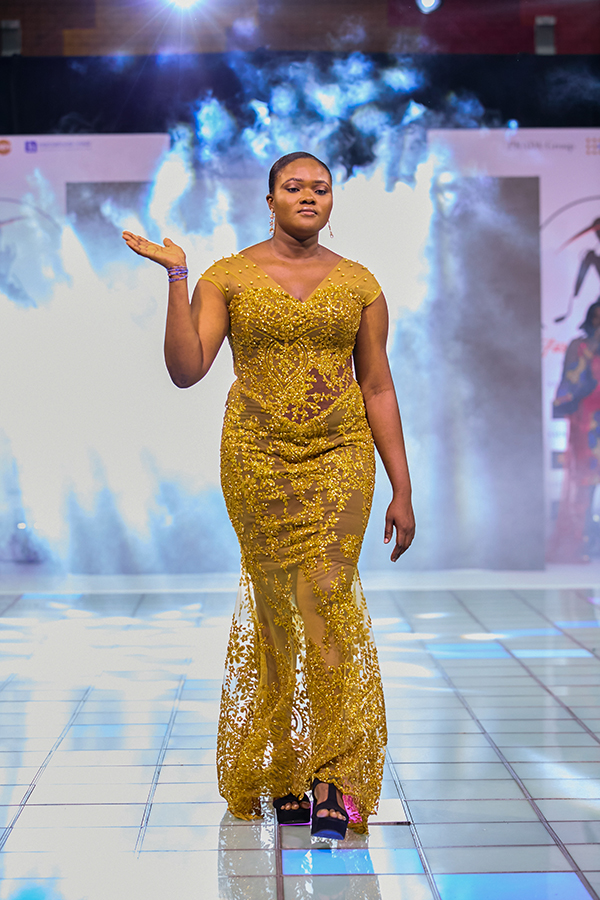
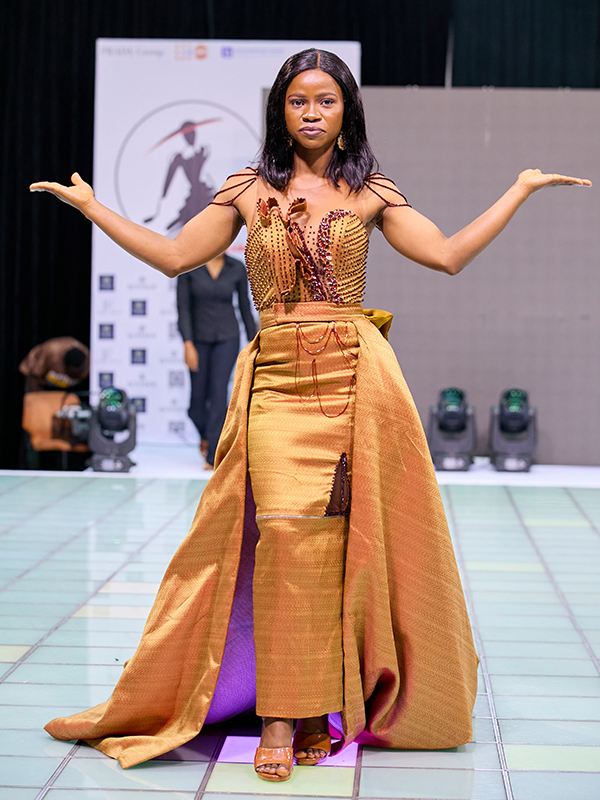
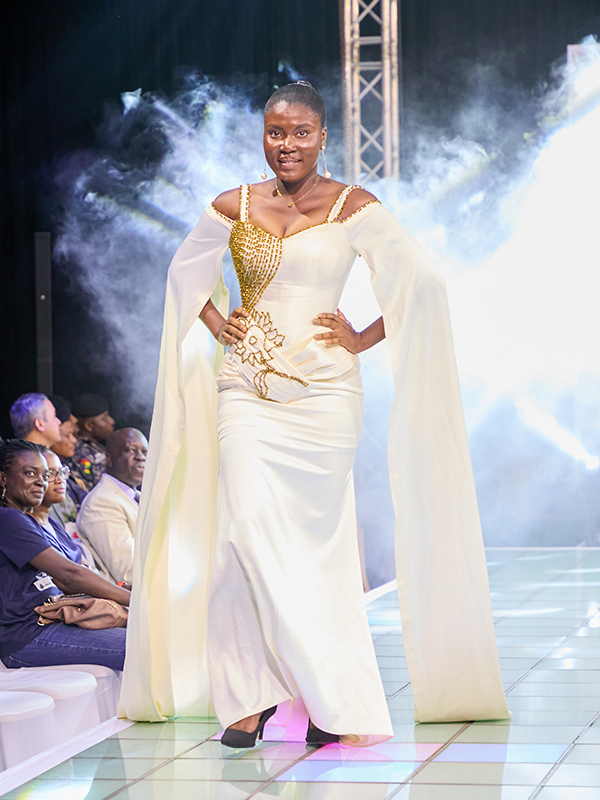

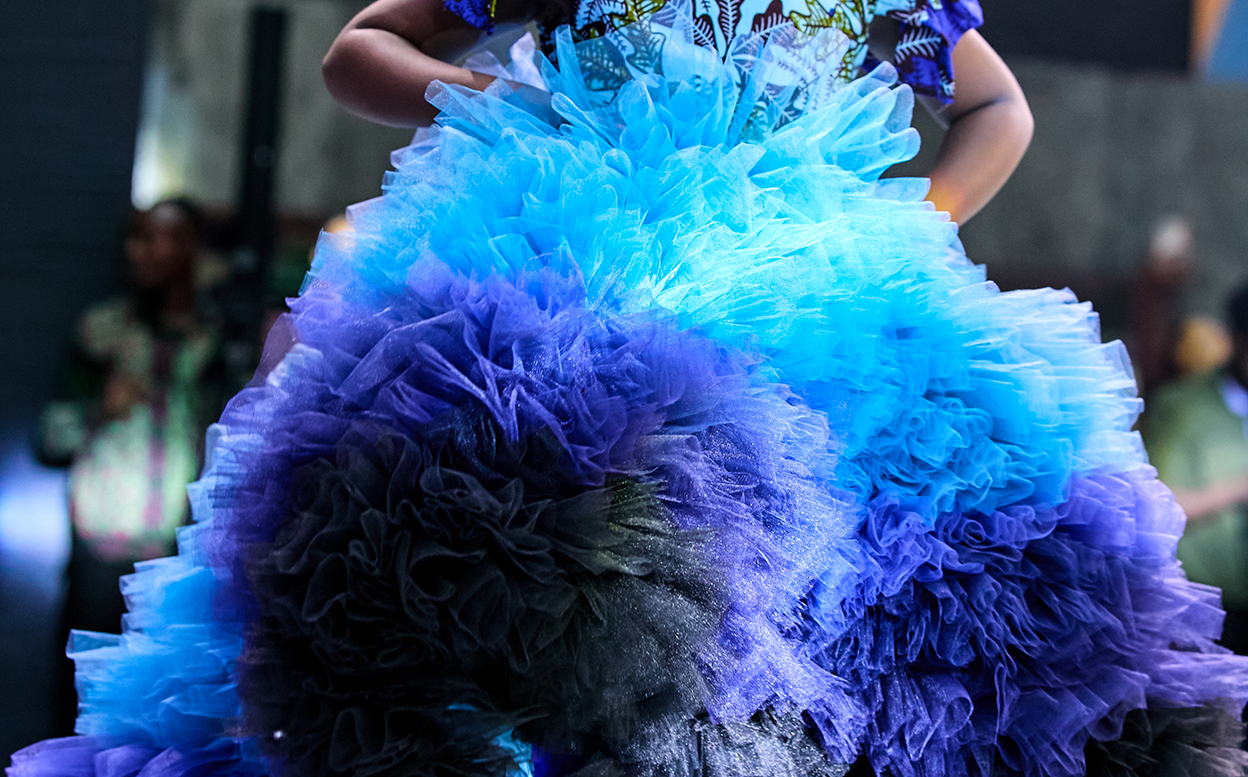
Investing in girls and adolescents helps pave the way to financial independence and more empowered women who have autonomy over their bodies and lives.
Sessions on sexual and reproductive health and rights issues were woven into the training, to reduce the participants’ vulnerability to gender inequalities and harmful practices.
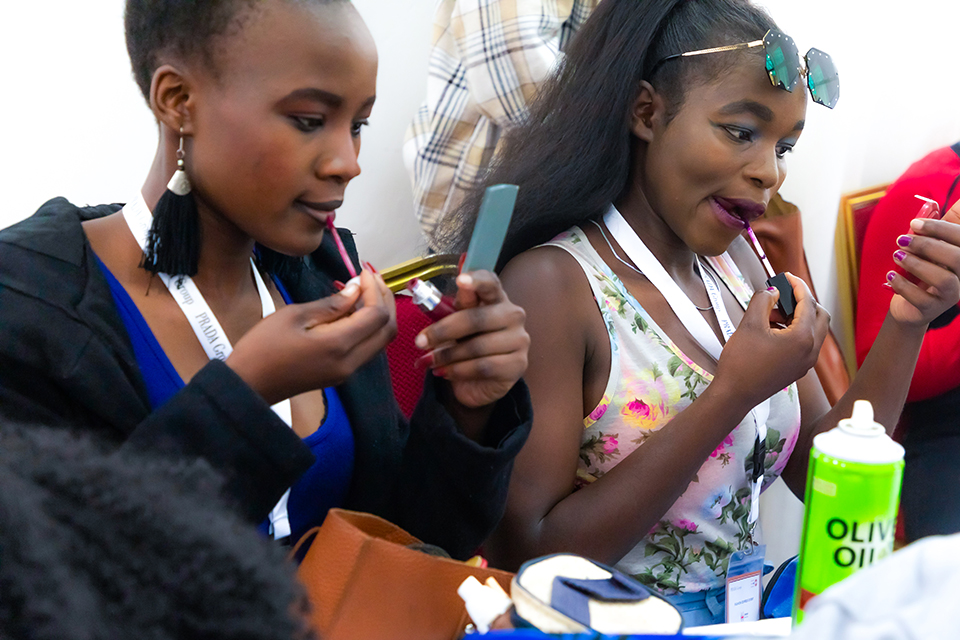
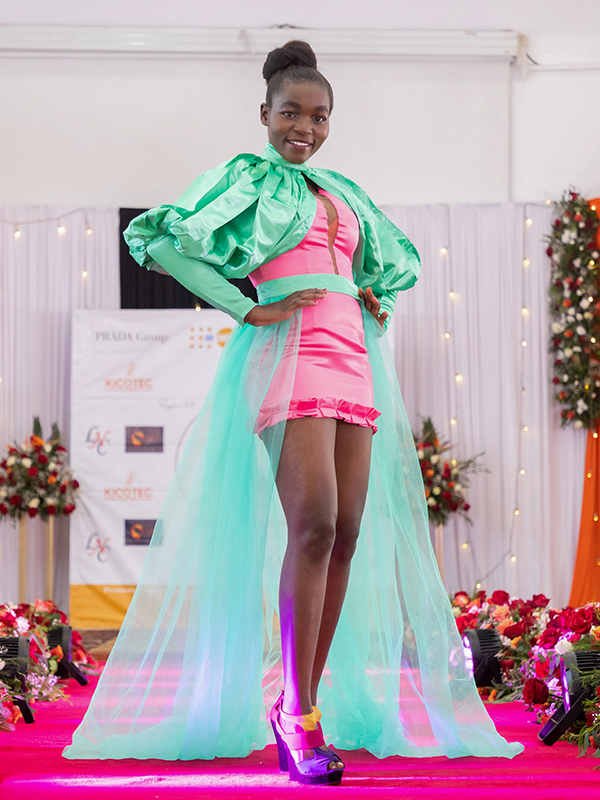
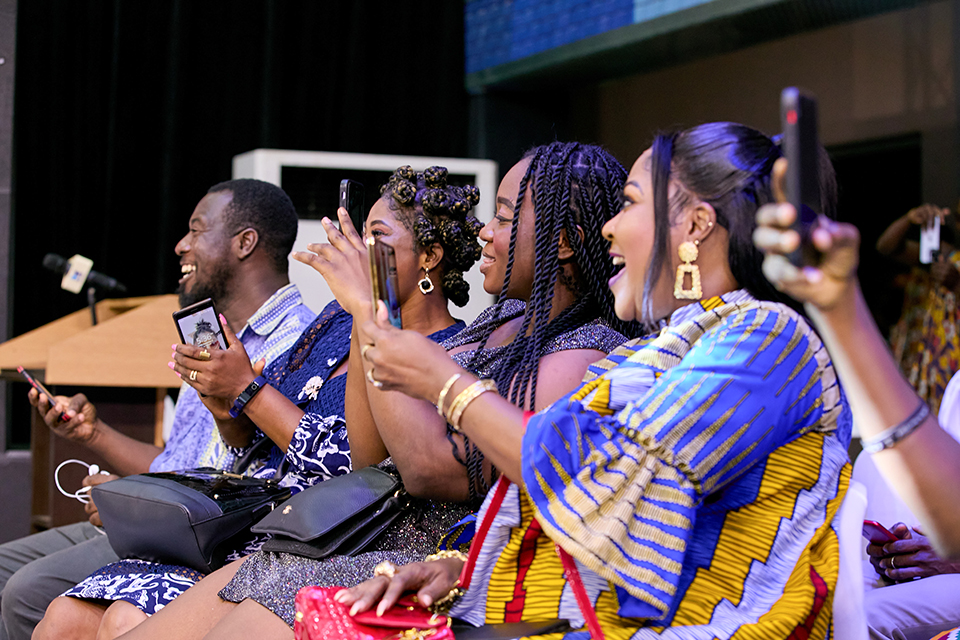

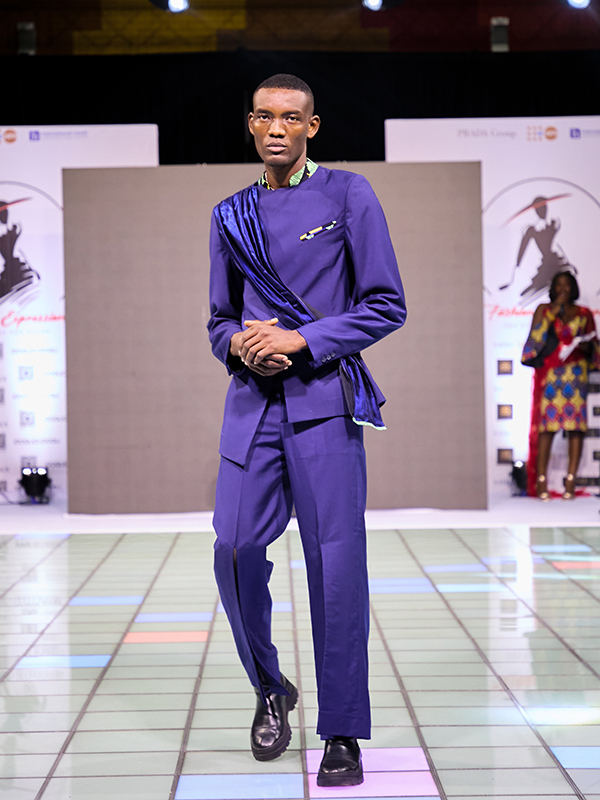
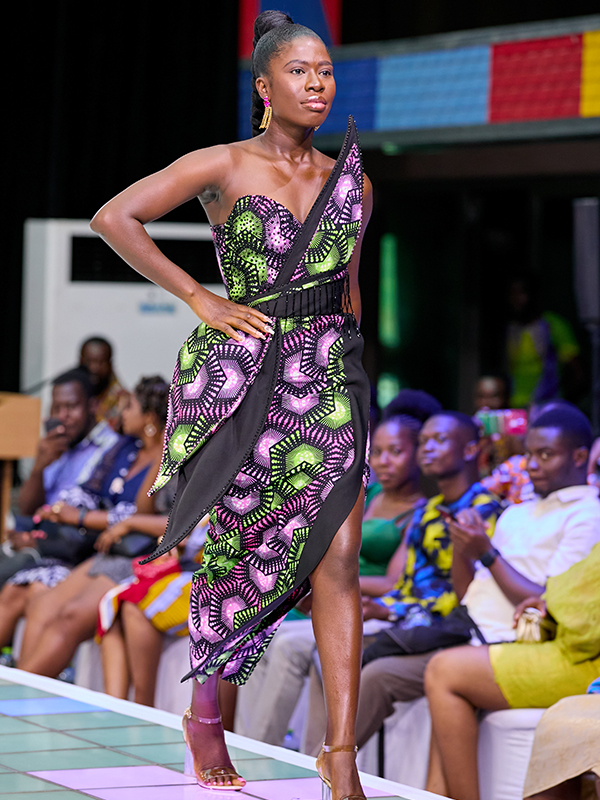

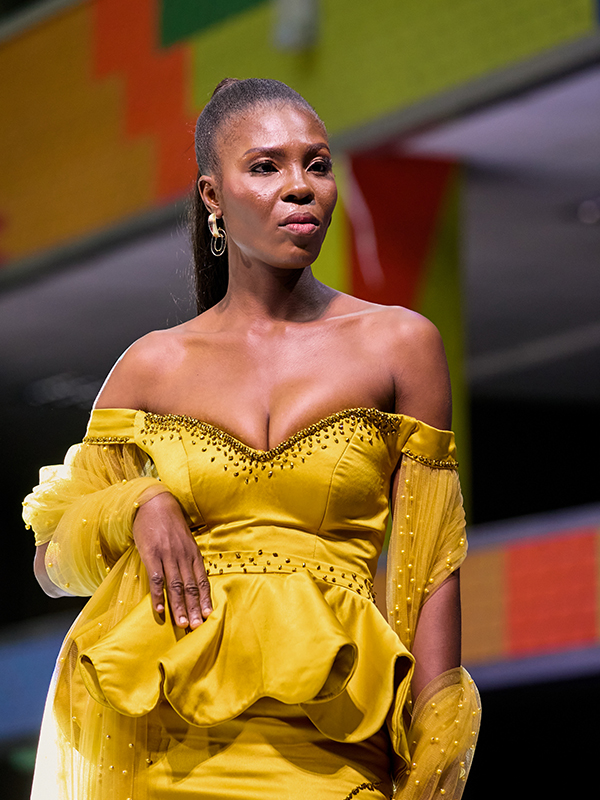
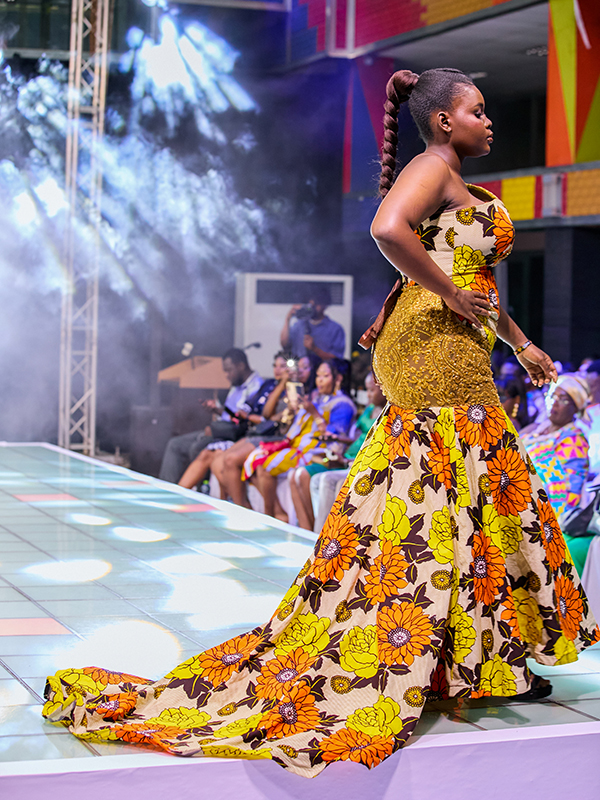
Express Yourself
The girls who took part all had a desire to pursue fashion, but found that barriers stood in their way. “When I heard their stories, I was motivated,” says Peggy Onyango, founder and fashion designer of Peggy O collections in Kenya. “These are girls from marginalized areas, others are young mothers, and others have dropped out of school.”
All of the participating mentors describe seeing the girls transform in confidence throughout the training. “When they first arrived they were a bit shy - they have grown into being happy and being able to express themselves,” says Liz Njoroge, fashion designer and founder and CEO of her own label.
Carole Mutanu from Kitui, Kenya dropped out of school while very young. “I found myself in an early marriage and went through an exceedingly challenging period,” she says.
Now she is proud to call herself a fashion designer. “Fashion Expressions rescued my life.”
“I would like to offer encouragement to girls who have had challenging experiences that are similar to mine. Dropping out of school or emerging from broken marriages should never be seen as the end of life.”
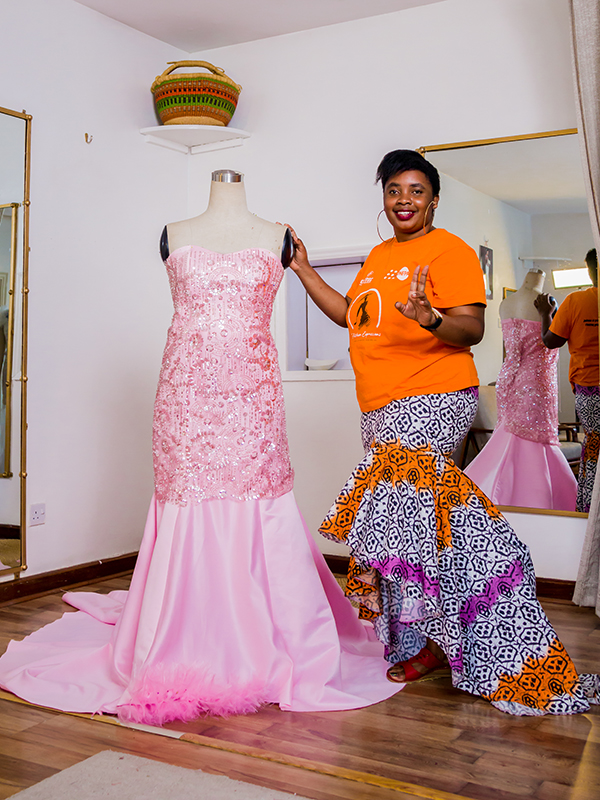
Young mum, Juliet Mueni Nduti, says she dreamed of being a designer for as long as she can remember, but there were no funds for her education. Before Fashion Expressions she was working on a farm, carrying out general chores to support her child.
“At first, I struggled with communication, it was challenging to engage with clients. Now I am confident in my ability to communicate effectively with clients and have gained insight into how to effectively market my business.”
“In the future I want to become a big designer in Kenya. I will support my family and educate my son.”
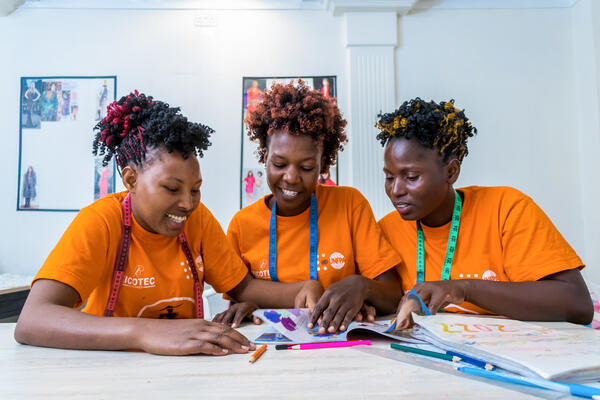
It’s not only some of the impressive dresses that have a ripple effect. Many of the girls’ ambitions include passing on what they’ve learned. “I want to own a fashion house that helps me train young girls on the street and give them a better life so that they too can depend on themselves”, says Melody from Ghana.
The new designers are embarking on their next steps with a growing sense of self-confidence, knowledge of sustainable and environmental practices, an ability to blend contemporary and traditional styles - and the know-how to bring their unique designs to market.
“They are stepping out knowing that they can be whatever fashion designer they want to - because there is no template of who you should be” - Carol Kinoti, designer.
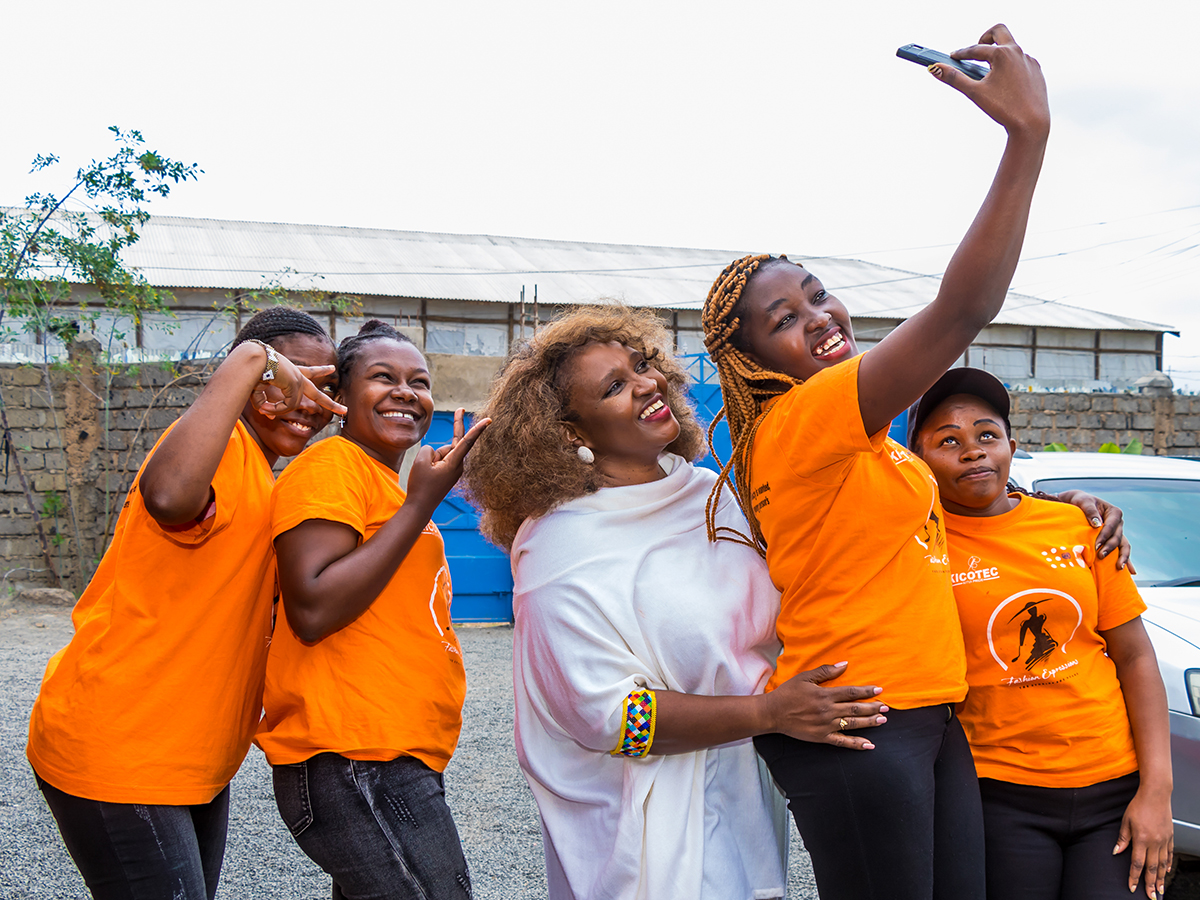
Thanks to PRADA and the fashion house mentors.
In Kenya:
- Carole Kinoti Brands
- Liz Njoroge Collection
- Peggy ‘O’ Fashion House
- Style by Neomi
In Ghana:
- Boyedoe
- Dash Fashion
- Fakor Garment Tailoring
- GG Bespoke
- Kua Designs
- Mimmy Yeboah
- Poqua Poqu Brand
- Sadia Sanusi Designs
